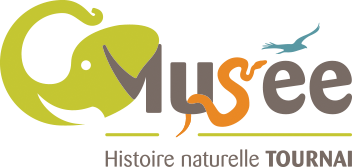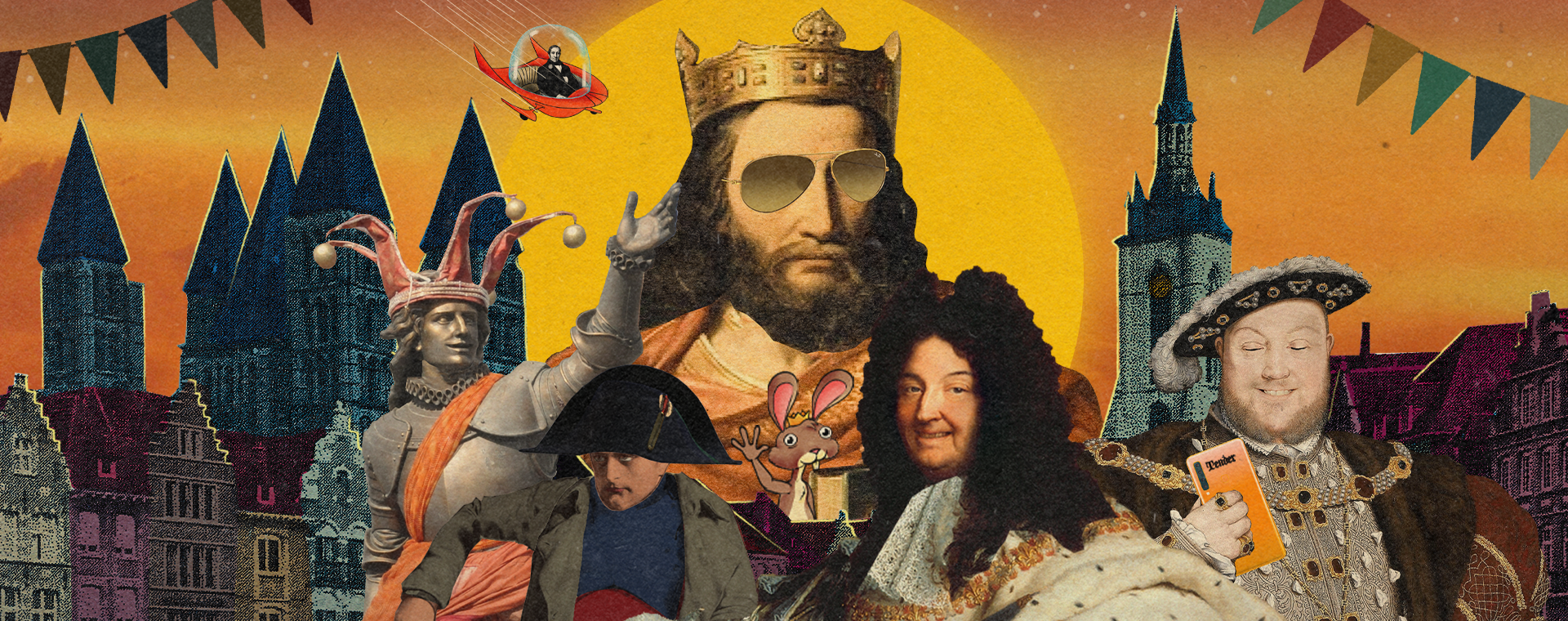Natural History Museum and Vivarium
Founded in 1828 during the Dutch period, this first museum in the country opened its doors to the public in 1829. In 1839, the museum moved to a gallery and a square room designed by the architect Bruno Renard at its current location, the former brewery of the Saint-Martin Abbey. During its expansion and refurbishment, inaugurated in June 2001, the scenography took care to preserve the "cabinet of curiosities" which immerses the visitor in the atmosphere of the natural history cabinets of the 19th century, as well as a gallery of naturalized animals as rare as they are extraordinary. You can see the first elephant to arrive in Belgium in 1839, which has become a Treasure recognised by the Wallonia-Brussels Federation .
A living museum
The Natural History Museum is also characterised by the presence of a vivarium where fish, tarantulas, amphibians and reptiles live in reconstituted habitats. You can see such fabulous species as spectacled caimans, poisonous Amazonian frogs, rare Egyptian turtles and endangered Jamaican boas. Since 2019, you can also enjoy a scientific garden with various outdoor enclosures and a greenhouse for exotic butterflies.
A networked museum
The Tournai Museum is also... involved in programmes for the protection and reproduction of endangered fauna. The Natural History Museum of Tournai is a member of the European Association of Zoos and Aquariums (EAZA). This association brings together the largest European zoological parks and has as its main missions the safeguarding of endangered animal species through coordinated breeding programmes as well as raising public awareness of nature conservation.
A living museum
The Natural History Museum is also characterised by the presence of a vivarium where fish, tarantulas, amphibians and reptiles live in reconstituted habitats. You can see such fabulous species as spectacled caimans, poisonous Amazonian frogs, rare Egyptian turtles and endangered Jamaican boas. Since 2019, you can also enjoy a scientific garden with various outdoor enclosures and a greenhouse for exotic butterflies.
A networked museum
The Tournai Museum is also... involved in programmes for the protection and reproduction of endangered fauna. The Natural History Museum of Tournai is a member of the European Association of Zoos and Aquariums (EAZA). This association brings together the largest European zoological parks and has as its main missions the safeguarding of endangered animal species through coordinated breeding programmes as well as raising public awareness of nature conservation.

- Monday : Closed
- Tuesday : -
- Wednesday : -
- Thursday : -
- Friday : -
- Saturday : -
- Sunday : -
- T. +32 69 33 23 43
- Cour d'Honneur de l'Hôtel de Ville - Rue Saint-Martin 52 - 7500 Tournai
- https://mhn.tournai.be
- musee.histoire.naturelle@tournai.be





